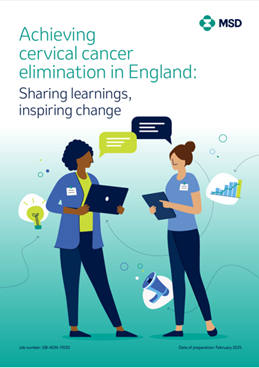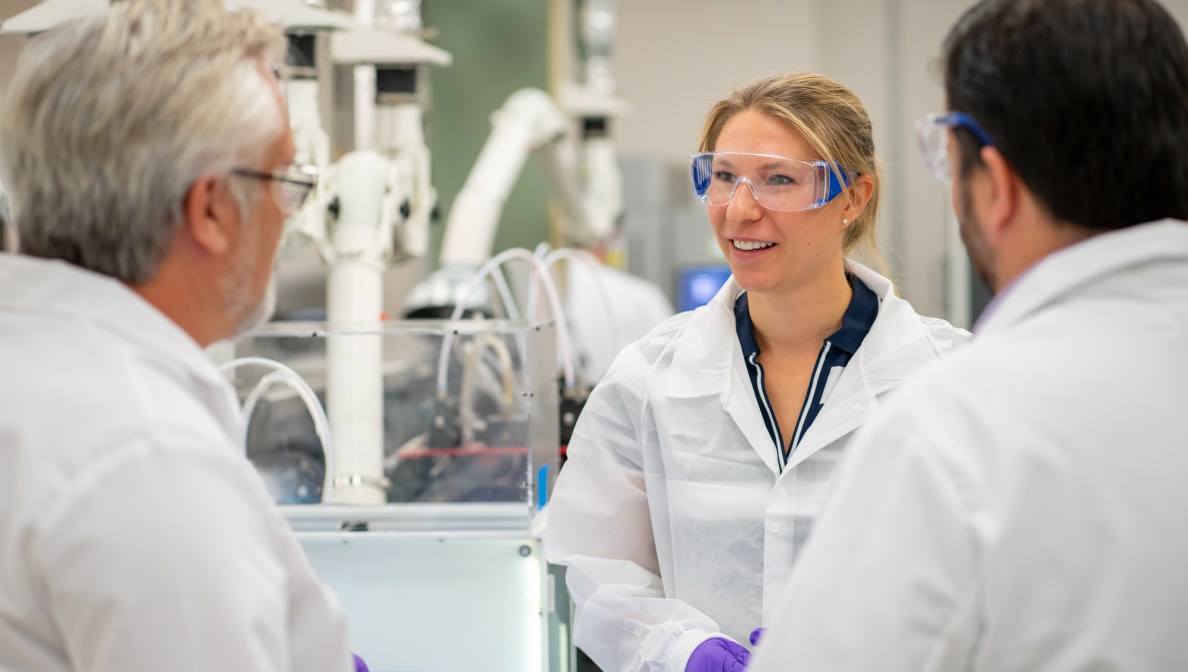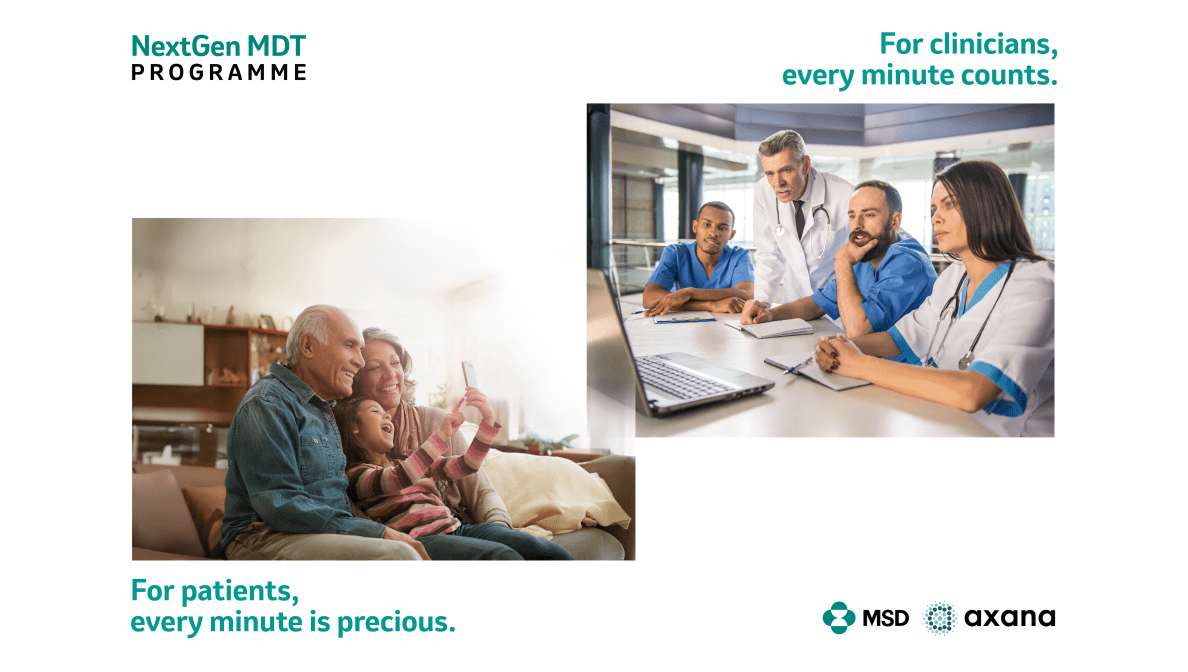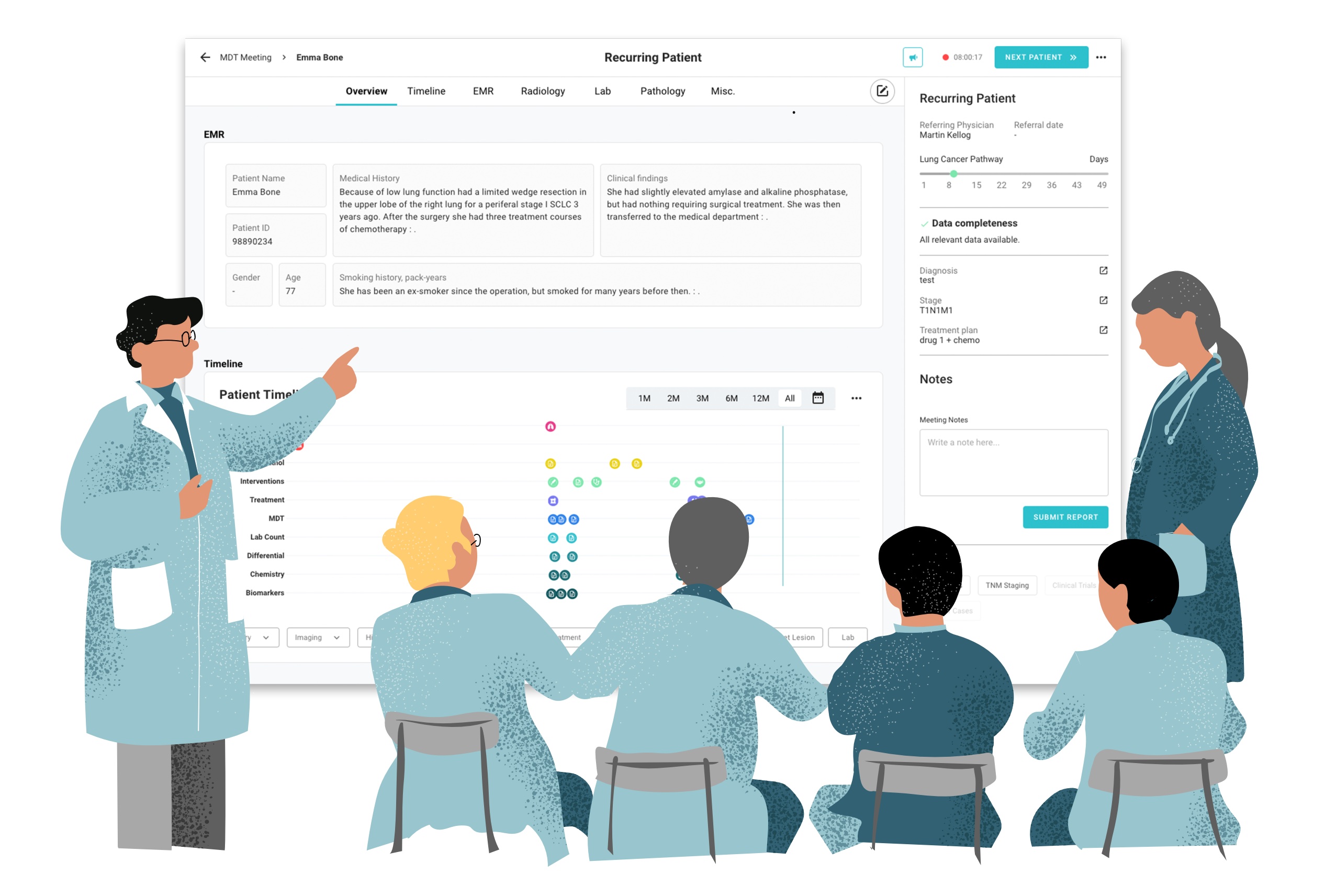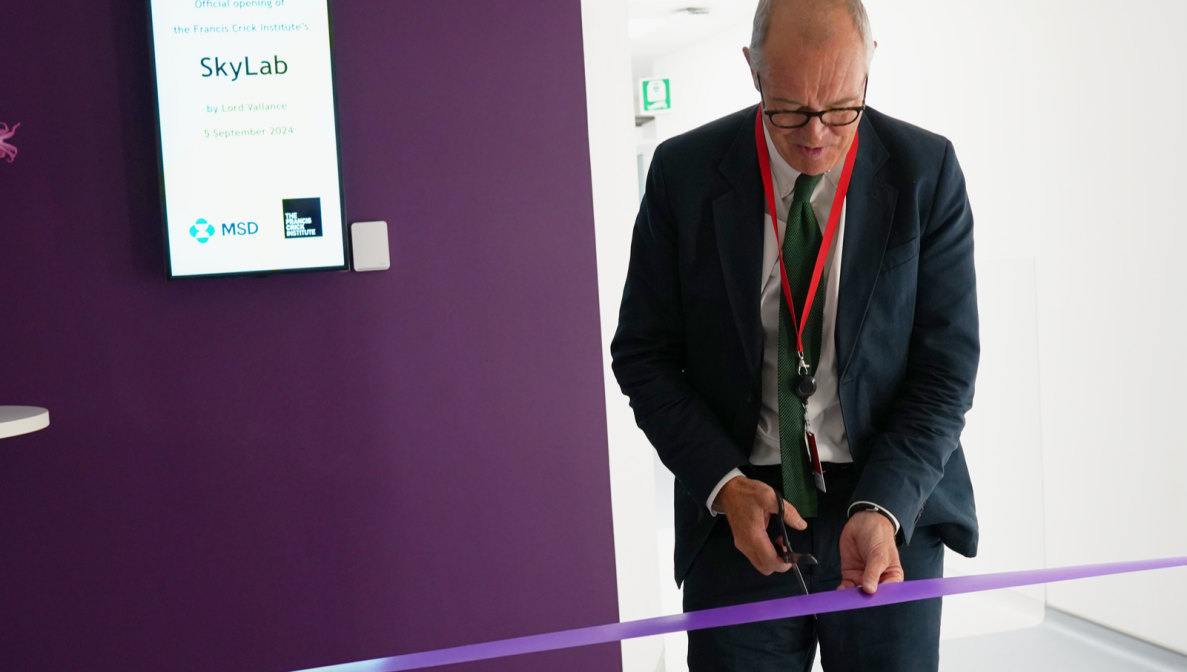Innovation
Delivering a shared vision for pulmonary arterial hypertension in the UK
What can we do, working as partners, to improve the lives of people with pulmonary arterial hypertension?
MSD in the UK have published a policy consensus statement, A Shared Vision for Pulmonary Arterial Hypertension in the UK, with recommendations driven by expert insights outlining a unified vision for the future of pulmonary arterial hypertension (PAH) care in the UK.
PAH is a rare subtype of pulmonary hypertension.[i] The time to diagnosis within pulmonary hypertension remains a persistent challenge. In a recent patient survey, 51% of respondents reported waiting more than a year for their diagnosis of pulmonary hypertension after first noticing symptoms. For a quarter of respondents, this wait took longer than three years.[ii]
Created with input from the Pulmonary Hypertension Association UK, and specialist experts from across the UK, this Consensus Statement provides policy and systems recommendations aimed at reducing the time to diagnosis as a route to improve patient outcomes and deliver savings to the health system.
PAH is a rare and debilitating condition that has significant personal impact.[iii],[iv] It also cost the NHS in England an estimated £43.2 million between 2013 and 2017 through repeat appointments and hospital care[v] and has a broader impact on the UK economy through loss of workforce productivity.[iii]
The insights and initiatives held within this Consensus Statement reflect the broad challenges in rare diseases. There is no ‘silver bullet’ which could solve all issues, but 16 recommendations across 8 stakeholder groups, which if implemented have the potential to transform PAH care in the UK.
This Consensus Statement and the activities which formed its development were funded by MSD. We thank all who have contributed and have endorsed its recommendations.
Dr Iain Armstrong, Chair, Pulmonary Hypertension Association UK & Nurse Consultant, Sheffield Teaching Hospitals, said:
“PAH carries a huge burden of symptoms and too many people are still waiting too long to be diagnosed. The impact of this delay is wide-ranging, but ultimately, it’s devastating for those individuals – and they deserve better. This consensus statement sheds light on the problem, and we hope it will help drive the change that is so badly needed.”
Professor Jay Suntharalingam, Consultant Respiratory Physician, Royal United Hospitals Bath, said:
“Although rare, Pulmonary Hypertension can be treated – often though patients are diagnosed late or not at all. This report offers a number of practical ways to address this, potentially allowing more people to receive potentially lifesaving interventions, now and in the future.”
Jasveen Chugh, Pharmaceuticals Business Unit Director, MSD UK, said:
“Too often, people are waiting too long before they receive an accurate PAH diagnosis, and their care can start. Once patients are diagnosed NHS care is commendable. Delays in diagnosis are multi-faceted, including increased costs to the health service, and most importantly negatively impacting patient quality of life and outcomes. The insights and recommendations from experts within this Consensus Statement deliver tangible ways different stakeholders can work individually and together, to reduce the time to diagnosis for PAH patients.”
[i] N. Galiè, M. Palazzini, A. Manes (2010). Pulmonary hypertension and pulmonary arterial hypertension: a clarification is needed. European Respiratory Journal 36: 986-990; DOI: 10.1183/09031936.00038410
[ii] PHA UK (2023) Breathless, not voiceless: What it means to live with PH today. Available at: https://www.phauk.org/research/pha-uk-led-research/breathless-not-voiceless-what-it-means-to-live-with-ph-today/ [Accessed August 2024]
[iii] British Heart Foundation. Research into pulmonary arterial hypertension. Available at: https://www.bhf.org.uk/informationsupport/heart-matters-magazine/research/pulmonary-arterial-hypertension [Accessed August 2024]
[iv] PHA UK (2019). Beneath the surface: the true financial impact of pulmonary hypertension. Available at: https://www.phauk.org/living-with-pulmonary-hypertension/benefits-and-financial-help/the-true-financial-impact-of-ph-survey-results/ [Accessed August 2024]
[v] Exposto F, Hermans R, Nordgren Å et al. (2021). Burden of pulmonary arterial hypertension in England: retrospective HES database analysis. Ther Adv Respir Dis. DOI: 10.1177/1753466621995040. Available at: Burden of pulmonary arterial hypertension in England: retrospective HES database analysis – PMC (nih.gov)
GB-NON-09962 | September 2024





